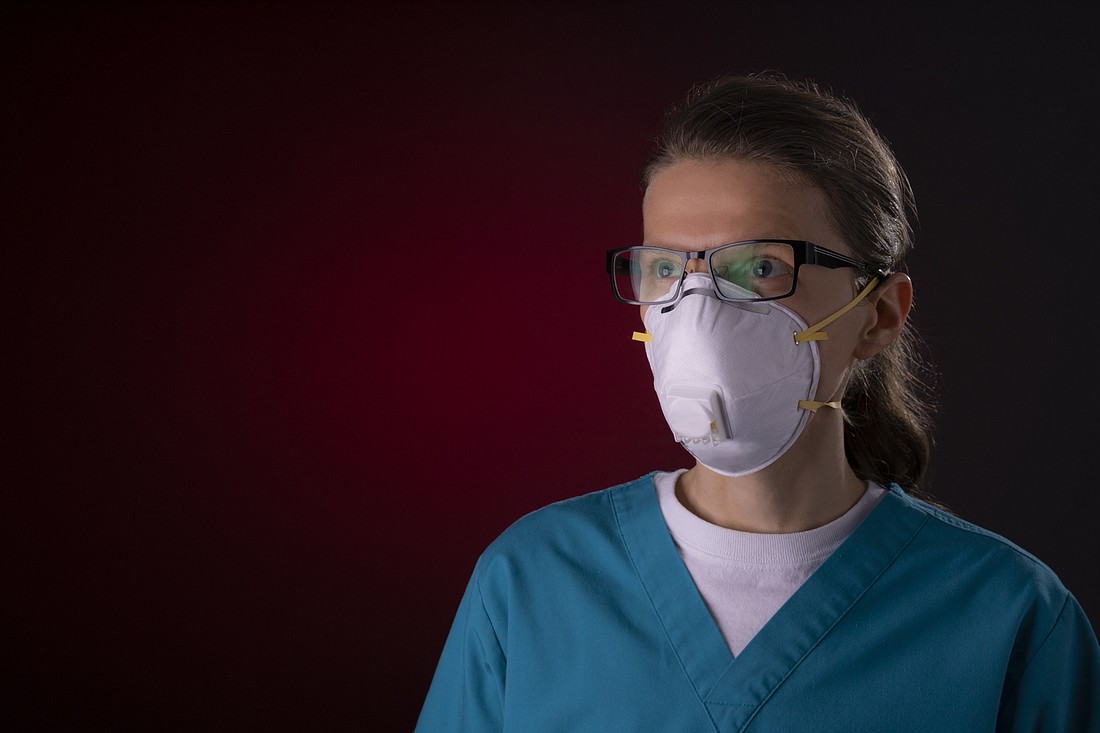
By Heather Byrer Carbone, JBA member
As life has changed so drastically for many of us over the past few weeks, many workers, as well as employers, have questions about legal exposure for COVID-19 illnesses.
One mechanism that workers may explore is filing a workers’ compensation claim for benefits if they have been diagnosed with the novel coronavirus or COVID-19 because they were exposed at work.
In Florida, injured workers are entitled to medical benefits and lost wages for injuries that are causally related and that occur in the course and scope of employment.
The million-dollar question everyone in the workers’ compensation industry is asking is: How can a person prove they contracted the illness specifically on the job, especially as the virus becomes more widespread every day?
Employers, workers’ compensation carriers and third-party administrators are receiving many workers’ compensation claims for coronavirus/COVID-19 exposure.
Clearly some health care workers and first responders have an increased risk to be exposed to this virus compared to the general public who are under shelter-at-home orders.
Since this is a new illness, we don’t yet have the guidance of case law specifically for COVID-19, but these claims are likely to be treated as exposure and/or occupational disease injuries under Florida law.
Pursuant to FS 440.02(1) and 440.151(1)(a) and (2), these claims have a higher standard for burden of proof and require claimants to prove causation, using a clear and convincing burden of proof.
Historically, it has been difficult for injured workers to prove compensability and causation for exposure claims in Florida given the clear and convincing burden of proof required.
Two recent 1st DCA cases that came out in late 2019, City of Titusville v. Robert Taylor, 1D17-3814 (Fla. 1st DCA, 11/27/19) and School District of Indian River Co. v. Edward Cruce, deceased, 1D17-3342 (Fla. 1st DCA 11/27/19), confirmed that it is extremely difficult for a claimant to meet the high burden of proof.
In those cases, when the trial level Judge of Compensation Claims found the burden of proof was manifestly unfair and attempted to find exposure claims compensable, the 1st DCA reversed and indicated that they “acknowledged the Herculean task for the heightened burden of proof of toxic exposure claims,” but indicated that any change to this burden of proof had to be made through the Legislature, not the courts.
However, a directive issued by Florida Chief Financial Officer Jimmy Patronis may impact compensability decisions at least on some claims.
On March 30, Patronis issued Directive 2020-05 which indicated that the Division of Risk Management should provide workers’ compensation coverage to state employees who are fighting COVID-19.
This specific directive applies to “frontline state employees” and includes first responders such as law enforcement officers, firefighters, EMTs and paramedics.
The directive also applies to corrections officers, child safety investigators and members of the Florida National Guard who are called to active duty in response to COVID-19.
Lastly, this directive additionally applies to state employees working in the health care field whose duties require them to be in contact with people being tested for COVID-19.
The directive indicates that the Division of Risk Management shall process workers’ compensation claims for employees in the above listed categories who test positive for COVID-19 through a reliable method, as a compensable occupational disease pursuant to F.S. 112.1815 and F.S. 440 unless the state can show by a preponderance of the evidence that a frontline state employee contracted COVID-19 outside his or her scope of employment as a state employee.
In response to Patronis’ order, the Office of Insurance Regulation issued an Informational Memorandum OIR 20-05M on April 6.
This memo “reminded that section 440.09, Florida Statutes, requires an employer to provide workers’ compensation coverage if the employee suffers a compensable injury arising out of work performed in the course and scope of employment. First responders, health care workers, and others that contract COVID-19 due to work-related exposure would be eligible for workers’ compensation benefits under Florida law. See § 440.151, Fla Stat.”
From a legal standpoint, there is a lot to unpack in that executive order and accompanying memo. Is this enforceable? How is it to be administered? Is the burden of proof changed under this.
None of this is clear and it’s likely that litigation will stem from these questions for years to come.
For now, what is clear is that this order only applies to state employees. Many other non-state workers will fall under the traditional analysis for exposure and occupational disease claims and compensability may be denied.
Seeing these challenges, some employers are trying to find some middle ground on how to deal with these new issues outside of the workers’ compensation claim’s system. Several local hospitals have indicated they are paying workers if they are exposed and forced to quarantine for 14 days and aren’t charging for testing.
Employers also are suffering financially, and many will not have the resources to pay their workers outside of the workers’ compensation system, even if they wanted to do so.
Risk managers, insurance carriers and defense attorneys should remember that a poorly worded workers’ compensation denial has the potential to trigger tort exposure where employers are no longer protected by immunity in Florida.
We all are navigating this new world together and trying to make sense of rapidly changing information. As such, the facts of each case should be analyzed on a case-by-case basis specifically for compensability.
Heather Byrer Carbone is a shareholder in the Jacksonville office of Marshall Dennehey Warner Coleman & Goggin, leading the firm’s Florida workers’ compensation practice.